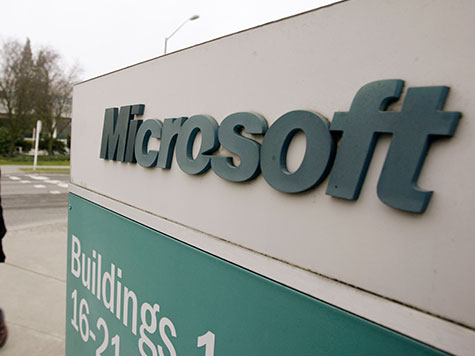Microsoft, the aging tech behemoth, has a shiny new CEO, a new strategy, new(ish) products in the pipeline and now 18,000 less staff. In a wide ranging, 3,000 word essay to his 125,000 (oops! 107,000) colleagues, CEO Satyna Nadella stressed the need to improve product cycle time, to shed excess management layers and to say goodbye to 14 percent of staff.
Politicians on both sides of the pond are not impressed. EU High Commissioner Laszlo Andor, “I deeply regret the significant job losses announced by Microsoft today because of the impact these will have on so many individuals, their families and the local communities they live and work in” and US Senator Jeff Sessions is irked that MSFT is firing thousands of staff yet continues to press for relaxed Visa rules: “That is a significant action. Indeed, Microsoft employs about 125,000 people, and they are laying off 18,000. The company laid off 5,000 in 2009. Yet their founder and former leader, Mr. Gates, says we have to have more and more people come into our country to take those kinds of jobs.”
Microsoft’s financials look terrific of late. The share price is up 40 percent in nine months, market cap is now $370b, sales are $83b and profits over $22billion – so why all the layoffs?
The truth is that in the new world of Apple and Google led mobile computing, Microsoft, once the King of Technology, has only 14 percent global computing device market share with little prospect of that improving any time soon. Microsoft has finally (finally!) realized they are a distant third and need to get fit, slim down and get stuck into the battle.
The days of Windows first, Windows uber alles, are long gone now replaced by a “cloud first, mobile first” strategy led by Microsoft’s strengths in the enterprise and productivity. Microsoft Office running on iPad is the first of many products we’ll see that promotes their strengths at the expense of the legacy Windows franchise.
So while the politicians huff and puff and pretend they are aggrieved – they should pause a moment to consider what might happen to all the remaining jobs should Microsoft’s new strategy fail.

COMMENTS
Please let us know if you're having issues with commenting.